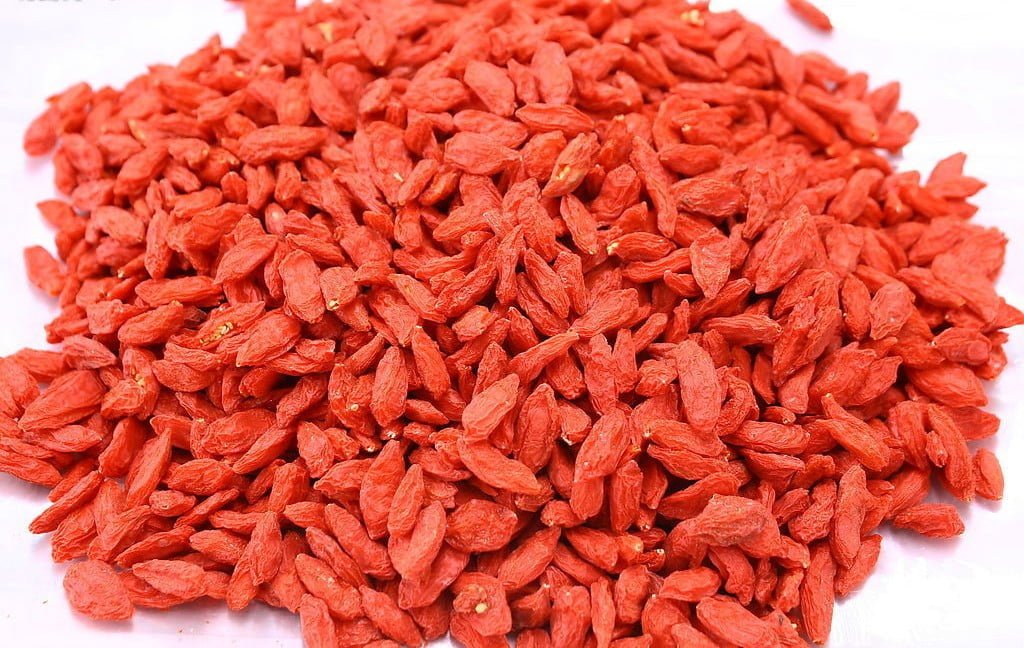As its name implies, the Chinese wolfberry is native to China and other parts of Asia, and it has long been part of traditional Oriental medicine. The health benefits of the Chinese wolfberry were known as far back as 1000 A.C., and the traditional Chinese Medica reference book contains many references to this important superfood.
The Chinese wolfberry grows wild on bushes, mainly in the northwest region of China. The wolfberry has been grown and cultivated for thousands of years, both for its good taste and its nutritional and medicinal value. It blooms from April through October and it is harvested from June to October depending on local growing conditions.
Major benefits of the Chinese wolfberry
The Chinese wolfberry is thought to have the important ability to strengthen the organs of the body, particularly the eyes, kidneys and liver. The Chinese wolfberry is well known to the world of herbal medicine, and it is included in many traditional herbal formulas.
Health benefits of the Chinese wolfberry include treating such conditions as insomnia, fatigue, dizziness, vision problems, ringing in the ears and headaches. The Chinese wolfberry is also believed to be effective at treating such serious conditions as tuberculosis, chronic liver disease, high blood pressure and diabetes.
It is also thought to be of great value in maintaining and boosting the health of the immune system, keeping the liver healthy and improving eyesight. In addition, wolfberry is thought to be effective in maintaining healthy levels of blood pressure and blood sugar.
The Chinese wolfberry has long been known to be of value to human health, and it has been used in Chinese medicine for thousands of years. The fruits of the wolfberry are used in many traditional herbal formulas, and they are still used in such formulas today. In addition, the fruits of the wolfberry are delicious and extremely nutritious, and this bright red fruit is increasingly making its way into both supermarkets and health food stores.
The fruits have been used for a number of chronic health problems, especially those involving tired legs, dizziness, headaches, insomnia and chronic liver diseases. In addition, wolfberry, both used as a food and a nutritional supplement, has shown great promise at treating high blood pressure, tuberculosis ad diabetes as well.
Additional information:
The fruit can be prepared in a number of ways. It is often chewed and eaten, much as one would eat raisins. In addition, Chinese wolfberry can be used in a number of teas, soups and stews. There is even a Chinese wolfberry wine that is common in Oriental cultures. Chinese wolfberries are oblong in shape and very juicy. This juice, and the wolfberry itself, both have a very sweet taste.
The primary ingredient in the Chinese wolf berry, the one thought to be responsible for the many benefits of this superfood, is known as Lycium Barbarum Polysaccharide (LBP). The amount of LBP contained in wolfberries will vary according to the type of berry and the growing conditions, with the top quality wolfberries being those which contain the highest concentration of LBP.
Originally posted 2019-09-26 09:18:41.


